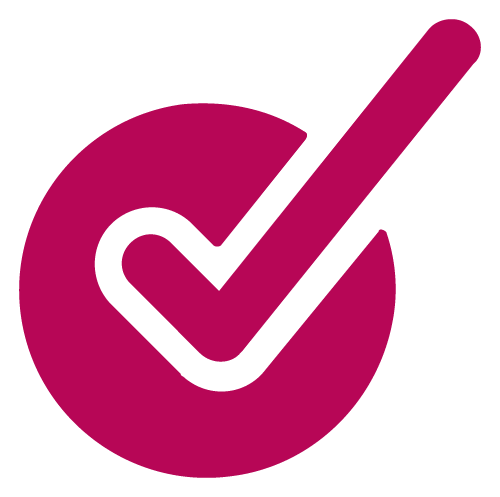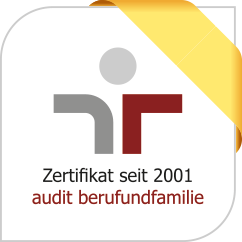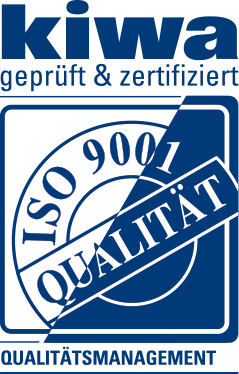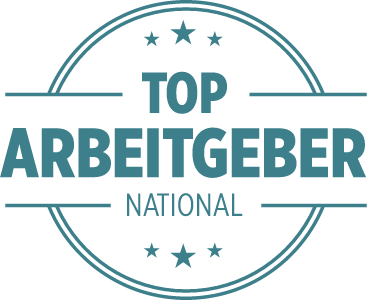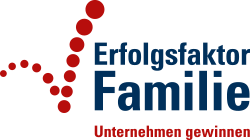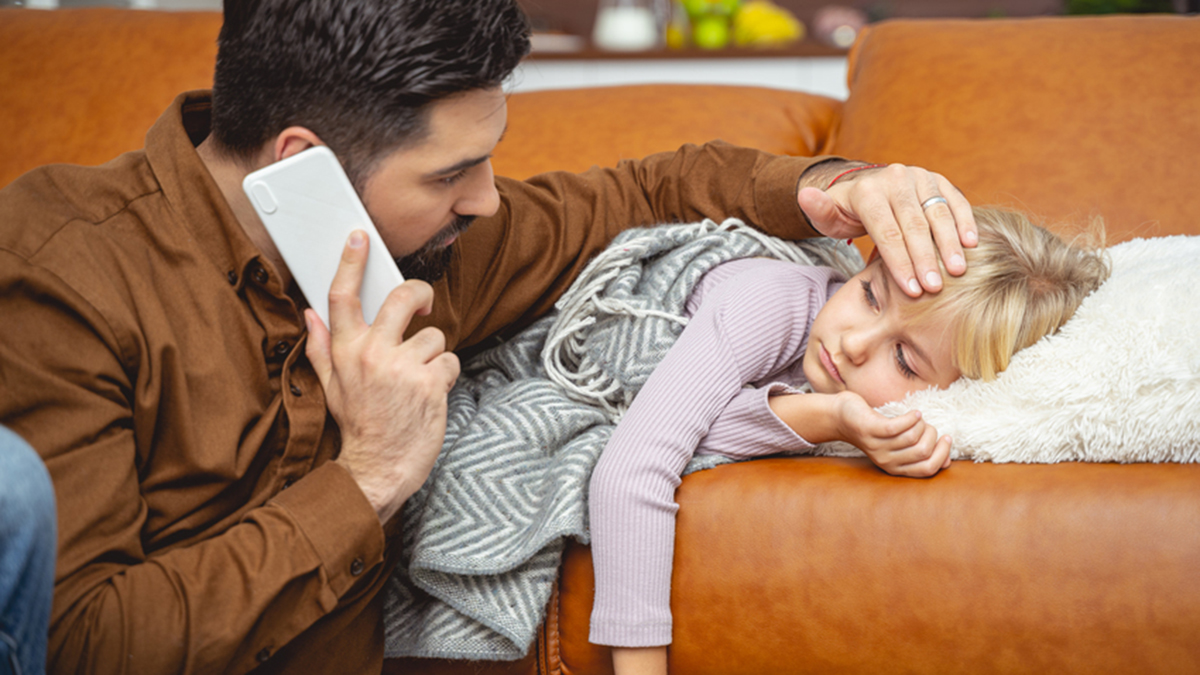 19.02.2025
19.02.2025
 Josephin Hartmann
Josephin Hartmann
 21803
21803
Fever in children: What helps? When to see a doctor?
Fever in children can put parents on alert. However, it is often a natural defense mechanism of the body. When does my child have a fever and how can I best help? We have tips for parents.
At the latest after entering the childcare center , every child gets a fever. This can quickly cause uncertainty among parents. Find out how to correctly assess your child's fever, when a visit to the doctor is necessary and what measures you can take to offer your child the best possible support when they have a fever.
1 Why do babies and children often have a fever?
Fever is not an illness in itself, but rather a protective reaction of the body. The increase in body temperature helps the body to cope better with infections, as viruses and bacteria are much less able to multiply with a fever.In addition, children's immune systems have not yet developed defenses against many pathogens, which is why they often react with a fever.
2 When does my child start to have a fever?
Healthy children have a body temperature between 36.5° and 37.4° Celsius.
If the temperature is between 37.5 and 38.4° Celsius, the child has an elevated temperature.
From 38.5° Celsius it is called a fever,
above 39° C elsius the child has a high fever.
You can usually tell by looking at the children that they are feverish.
Indications of fever in children can be:
- The head feels hot.
- The face is reddened.
- The child often appears tired.
- Sometimes children also have less appetite, are cranky and just want to cuddle.
3 What should I do if my child has a fever?
First take the child's temperature with a clinical thermometer. The most accurate reading is when you take the temperature rectally, i.e. in the bottom. However, there are of course also forehead or ear thermometers, which are particularly suitable for use at night.
It is an advantage to make a note of the values and the time. If you visit a doctor with your child, they will be able to track the progress.
At elevated temperatures up to 38 °C:
Temperatures up to 38 degrees are referred to as "subfebrile temperatures". The child should drink plenty of fluids throughout the day and rest.
For high fever from 39°C:
- You can make your child calf compresses. Moisten them with lukewarm water, as ice-cold water would strain the circulation. Calf compresses are only useful if the child's arms and legs are also warm and well supplied with blood. You should change the cloths after 5 to 10 minutes.
- It can help to place a damp, lukewarm washcloth on the forehead. It is best to take your cue from your child and what is good for them.
- Depending on your child's well-being, wrap them up warm or just cover them with a light blanket .You should also make sure that your feverish child drinks enough and change their bedding and clothes regularly if they are sweating profusely.
- Fever can also be reduced with medication. Paracetamol or ibuprofen are suitable for this. Both are available as juice with a child-friendly taste or as suppositories. It is important to pay attention to the dosage.
4 When should I take antipyretic measures?
In general, fever-reducing measures should only be started from a high fever, i.e. from 39° Celsius. Unless the child is in pain or feels very unwell.
5 When do I have to take the child to the doctor?
If your child is less than three months old, you should consult a pediatrician as soon as the body temperature reaches 38°C . The body of a newborn cannot yet fight off viruses and bacteria due to a rise in temperature, so an infection can spread very quickly.
It is also advisable to see a doctor if the child also has stomach ache, diarrhea, vomiting, neck pain or an unusual skin rash, or if the child is no longer drinking enough.
You should also consult a doctor immediately if your child has been feverish for more than three days, appears to be out of it, has a febrile convulsion or continues to appear significantly impaired despite fever-reducing measures.
Note: This article was reviewed and written in collaboration with Anna-Mareike Graf, pediatric nurse, consultant for homecare eldercare and first aid trainer at pme Familienservice.
